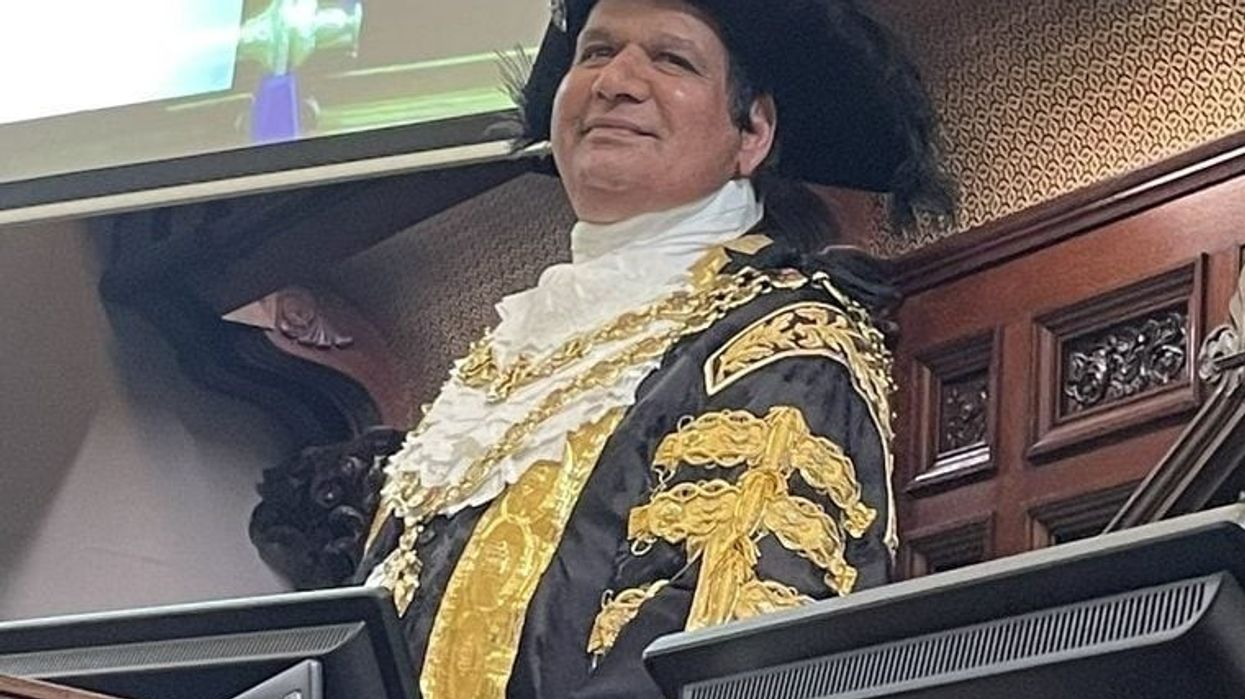Birmingham has recently appointed its first British-Indian Lord Mayor, Councillor Chaman Lal, following the decision of local councillors in the West Midlands city of England.
Representing Birmingham as its first citizen, Lal hails from the Ravidassia community of British Sikhs and was born in the village of Pakhowal in Hoshiarpur.
After relocating to the UK, Lal has been actively involved as a local councillor for several years. He began his political career in 1994 and has since been re-elected as Councillor for the Soho and Jewellery Quarter Ward in the most recent local elections.
Notably affiliated with the Labour Party, Lal's appointment signifies a significant milestone for Birmingham's diverse community.
“It is a very proud moment for me and our family, as a son of an army officer born in India, but made in Birmingham,” Lal said in his acceptance speech at a mayoral ceremony last week.
“I am an adopted Brummie, and I never thought that one day I would become the Lord Mayor of my adopted city. I would like to thank my fellow councillors for electing me as their first citizen and of our great city which happens to be the highest civic role entrusted to a serving councillor,” he said.
According to the Birmingham City Council, Chaman Lal's father, Sardar Harnam Singh Banga, had a notable background as a British Indian army officer who actively participated in the Italian campaign during World War II.
Following the war, Lal's father relocated to England in 1954 and settled in Birmingham.
Chaman Lal himself arrived in England in 1964, accompanied by his mother, Sardarni Jai Kaur, to reunite with his father. Since then, he has made Birmingham his permanent home.
Lal completed his education at Wattville Secondary Modern School and continued his studies through evening classes at Sandwell and Matthew Boulton Colleges.
The Birmingham City Council said Chaman Lal holds a strong belief in lifelong learning, which led him to pursue further academic studies in economics and law through part-time degree courses at the local Polytechnic.
He also successfully obtained qualifications as electronics engineer and began his professional journey as an apprentice with an electronics company.
In addition to establishing his own electronics business and other ventures, Lal’s involvement in politics began in 1989 when he joined the Labour Party, dedicating himself to numerous social justice campaigns aimed at combating inequality and discrimination.
Over the past 29 years, Lal has actively served on various committees within the local council. Notably, he has held positions such as cabinet advisor for significant transportation projects and, more recently, as Chair of the Sustainability and Transport Overview and Scrutiny Committee.
Additionally, Lal has dedicated numerous years of service on the West Midlands Transport Authority. As Chair of the Transport Scrutiny Committee, he spearheaded various Task and Finish Groups, notably contributing to the introduction of contactless travel (Swift Card) in the West Midlands area, following recommendations for the best e-ticketing solution.
Moreover, Lal's policy reviews led to the implementation of additional late-night and early-morning bus services, catering to the needs of both the night economy and early morning workers.
Alongside his political pursuits, Lal finds enjoyment in cricket, live music, and performing arts.
(PTI)




